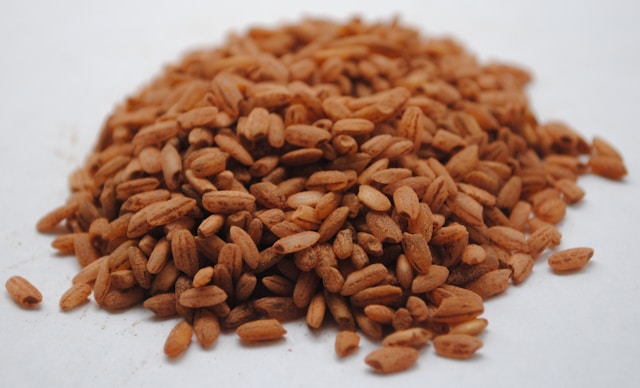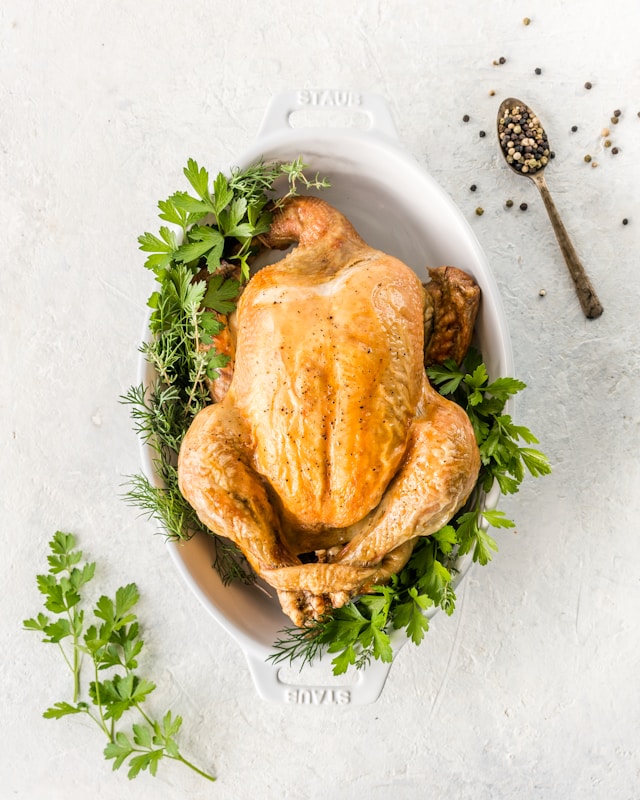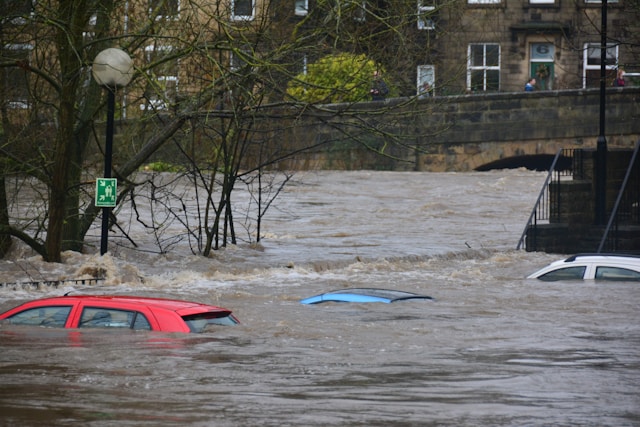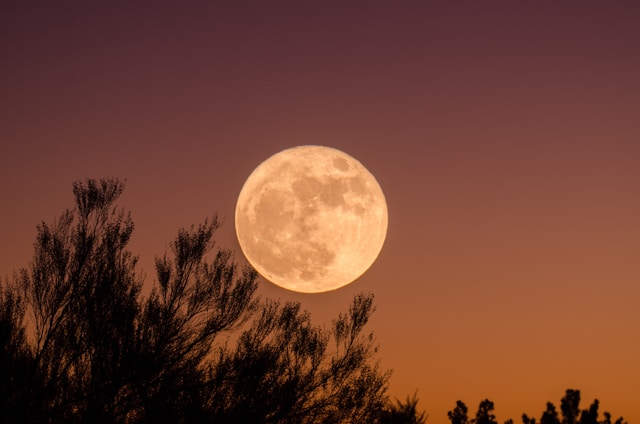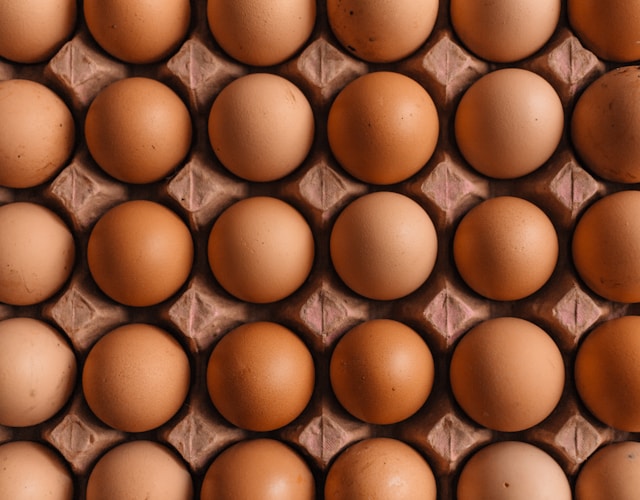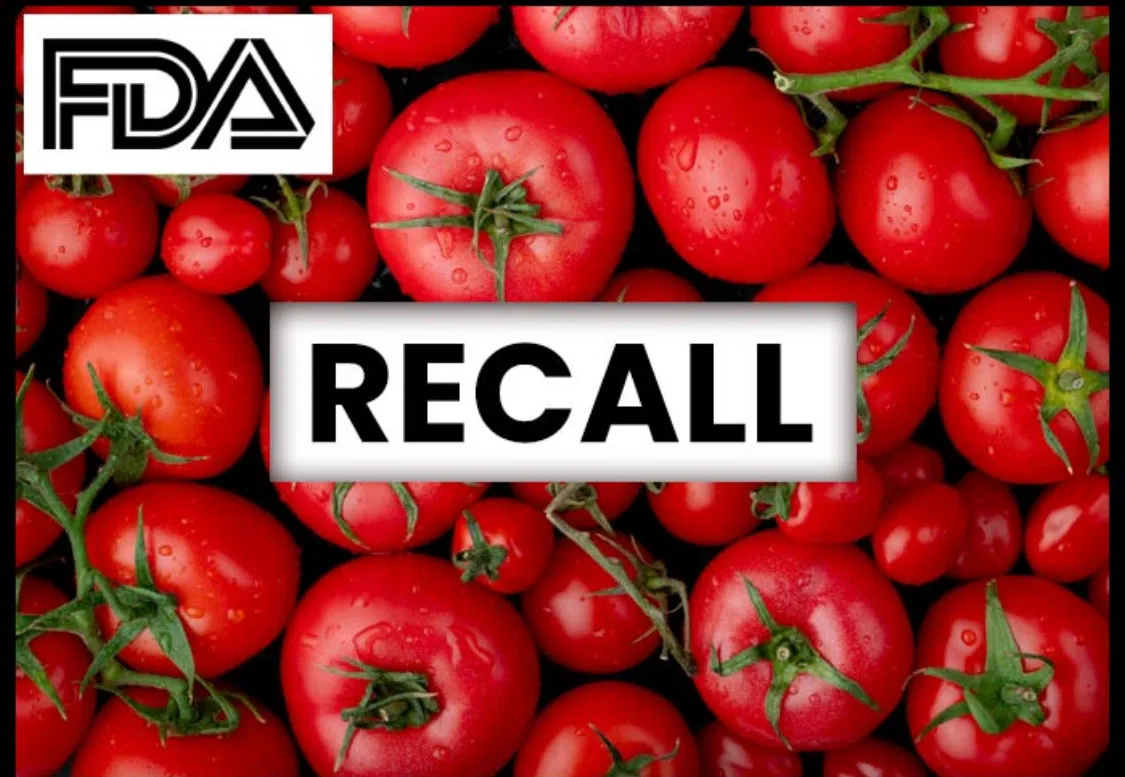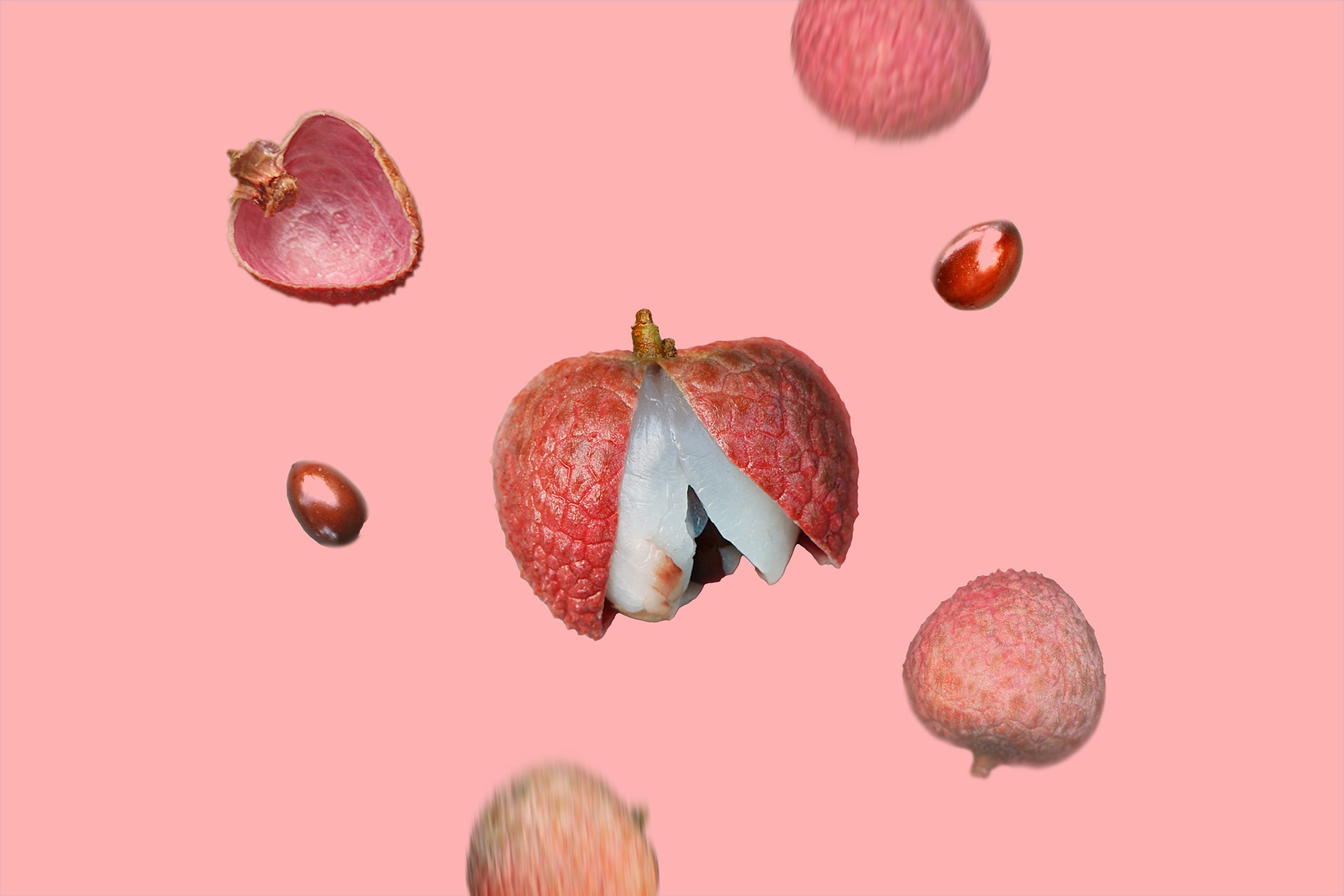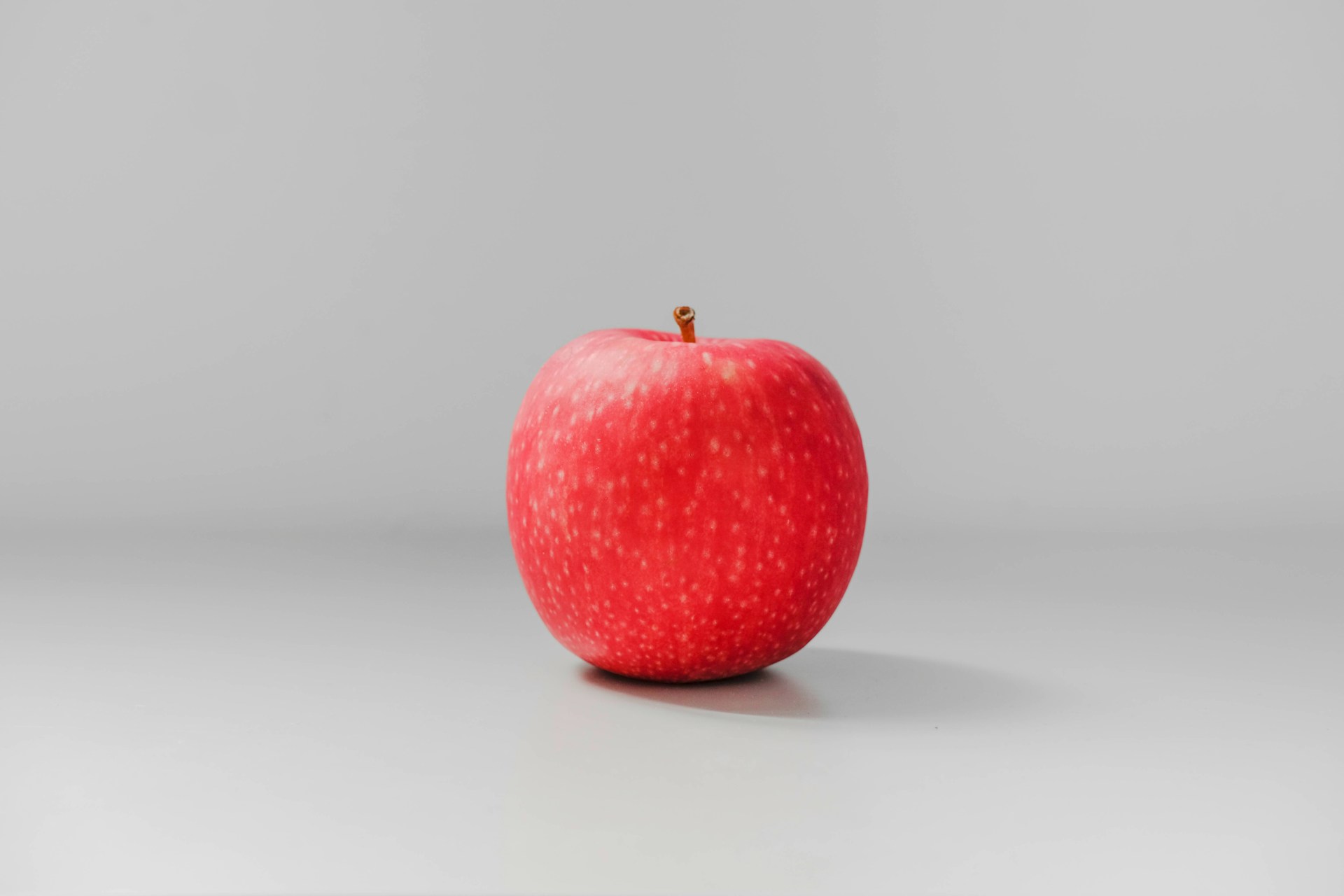Composting Basics: Backyard Compost Pile VS GEME Electric Composter
Composting is nature’s recycling. It uses microorganisms to turn organic waste (kitchen scraps, yard trimmings, etc.) into nutrient-rich soil amendments. This managed, aerobic process (requiring air) feeds beneficial microbes that break down “greens” (nitrogen-rich) and “browns” (carbon-rich) materials, releasing heat and nutrients. An actively maintained compost pile can reach 130–160°F during decomposition, killing pathogens and weed seeds as it cooks. The final product is dark, crumbly compost that enriches garden soil.
Embedding a photo, for example, reveals a steaming compost heap – evidence of intense microbial activity at work.
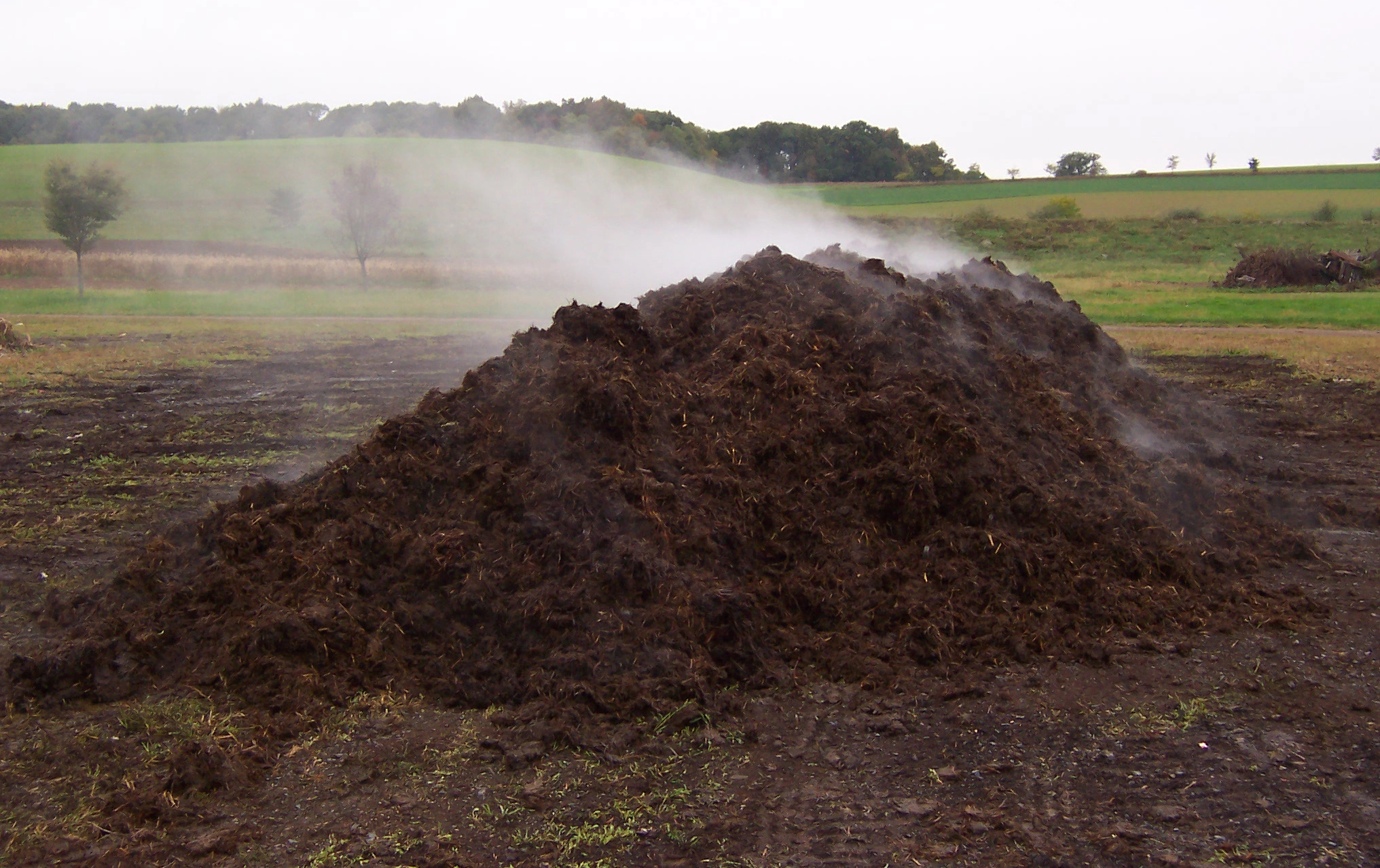
A garden compost pile heating up and steaming as microbes break down yard and kitchen waste (Picture from rodaleinstitute.org).

